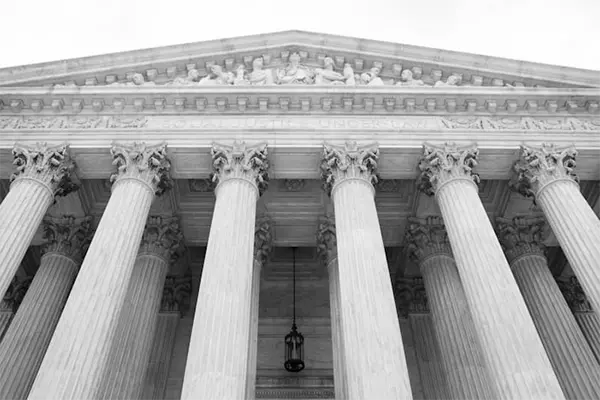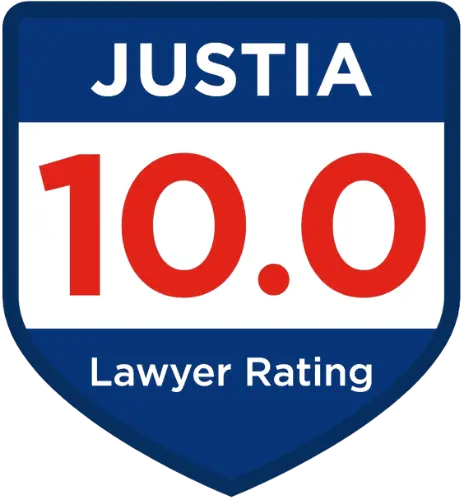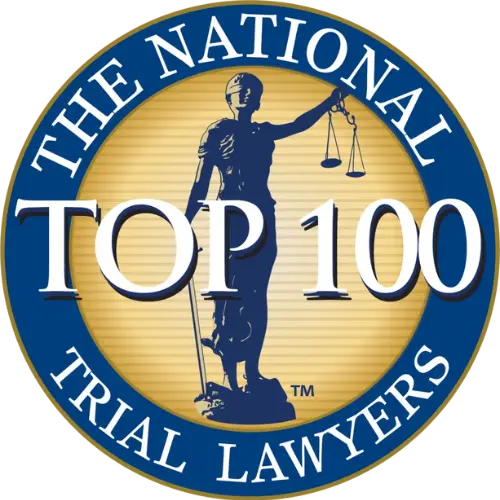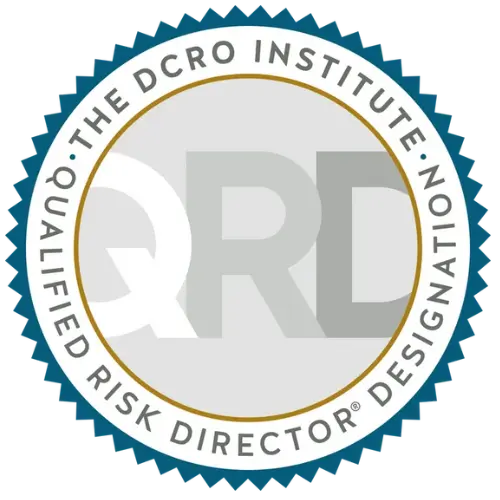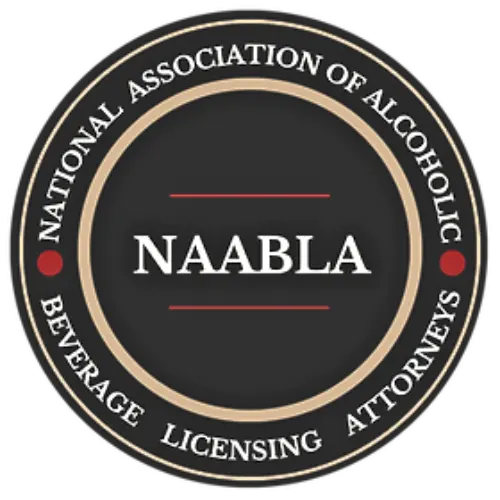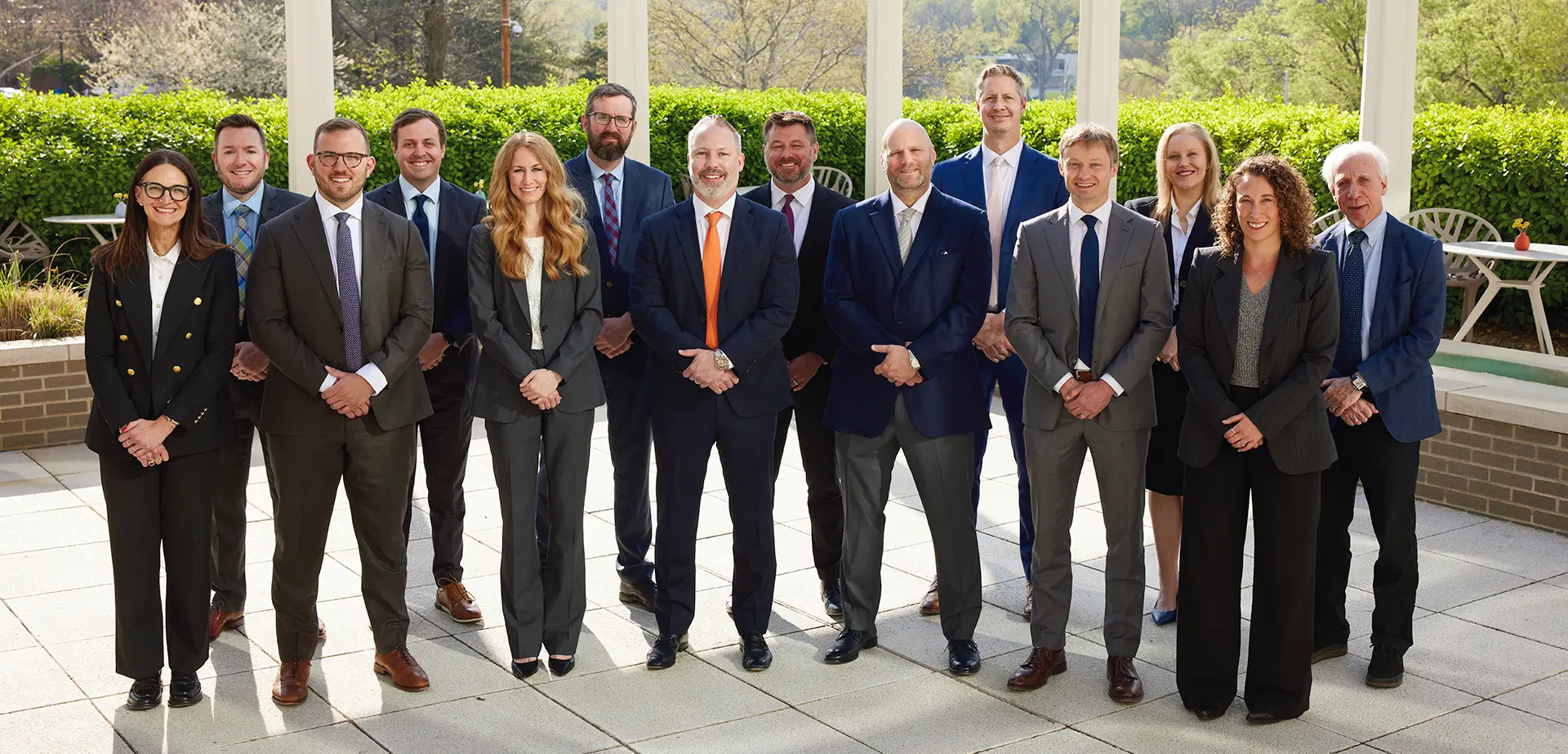
We understand the challenges business owners face.

A provision slipped into the spending package signed into law to reopen the government effectively reverses a key part of the 2018 Farm Bill, which federally legalized hemp.
Key takeaways:
- The Reversal: The new language significantly narrows the federal definition of "hemp." It effectively bans most intoxicating hemp-derived cannabinoid products, including popular items containing Delta-8 THC, THCA flower, and certain synthetic cannabinoids.
- The Impact: This move is set to outlaw almost all consumable hemp products that have proliferated across the country since 2018, putting an estimated 300,000+ jobs and countless small businesses—from farmers to retailers—at risk.
- The Timeline: The new prohibition doesn't take effect immediately, providing a one-year grace period (until late 2026) before the tougher restrictions on hemp-derived THC products kick in. This window is a critical "lifeline" for the industry to mobilize for legislative or legal action.
You can review the full text of the legislation and its provisions here:
https://www.congress.gov/bill/119th-congress/house-bill/5371
This is a stark reminder of how quickly policy can change and the profound impact that those changes can have on entire industries.
This regulatory whiplash is great for lawyers like me, whose job it is to help businesses navigate the ever-changing regulatory landscape. It’s bad for everyone else.
By Jon Dedon, Kennyhertz Perry, LLC
About Kennyhertz Perry, LLC
Kennyhertz Perry, LLC is a business and litigation law firm representing clients in highly regulated industries. Our dedicated Artificial Intelligence practice group is focused on helping clients navigate the legal, regulatory, and ethical complexities of deploying artificial intelligence in highly regulated sectors such as finance, banking, and real estate. To learn more about the firm, visit kennyhertzperry.com.
*The choice of a lawyer is an important decision and should not be based solely upon advertisements.
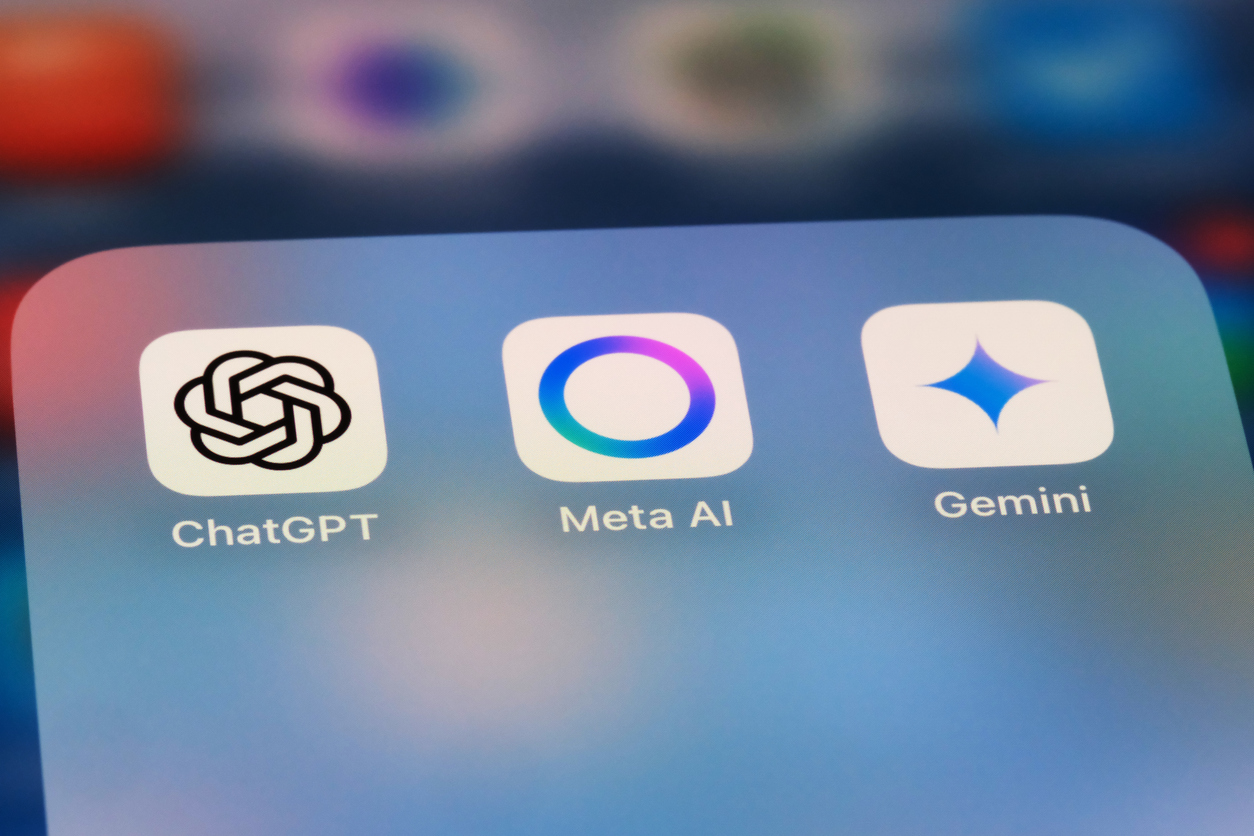
OpenAI recently updated its Usage Policy to prohibit "provision of tailored advice that requires a license, such as legal or medical advice, without appropriate involvement by a licensed professional." (Source: OpenAI Usage Policies at https://lnkd.in/gmSXReEE).
Interestingly, this change is limited to professional advice that typically requires a license. It could be that OpenAI felt that dispensing tailored legal and medical advice by its very nature created unacceptable exposure--mistakes can result in serious harm, both in monetary and personal terms. Source: Financial Express Report on liability fears at https://lnkd.in/grcTDFXx].
It could also be that OpenAI is seeking to be proactive in self-regulating in hopes of delaying or avoiding substantive regulation of its output by governmental entities, including state bars and medical licensing authorities.
This appears to be part of a broader trend. Major regulatory frameworks, such as the EU AI Act, are imposing the tightest controls on AI systems used in high-impact areas like health, law, and employment. Likewise, private companies are proactively defining their AI's role as a decision-support tool rather than an autonomous advisor to comply with evolving global standards. [Source: NCSL AI Legislation Trends at https://lnkd.in/gf6yT9da].
And of course, OpenAI previously self-regulated the processing of certain biological data, based on a growing awareness that ChatGPT could be used to create custom pathogens or biological weapons. [Source: OpenAI Preparedness Framework & Biosecurity at https://lnkd.in/gAruaF4k].
As artificial intelligence tools become more and more powerful, governmental regulation appears inevitable. AI companies like OpenAI would understandably prefer to take the lead in defining the terms of the regulations. In addition, AI companies would prefer to identify a human user as the responsible party when bad things happen.
Personally, I'm just happy my profession will continue to exist (for now).
By Jon Dedon, Kennyhertz Perry, LLC
About Kennyhertz Perry, LLC
Kennyhertz Perry, LLC is a business and litigation law firm representing clients in highly regulated industries. Our dedicated Artificial Intelligence practice group is focused on helping clients navigate the legal, regulatory, and ethical complexities of deploying artificial intelligence in highly regulated sectors such as finance, banking, and real estate. To learn more about the firm, visit kennyhertzperry.com.
*The choice of a lawyer is an important decision and should not be based solely upon advertisements.
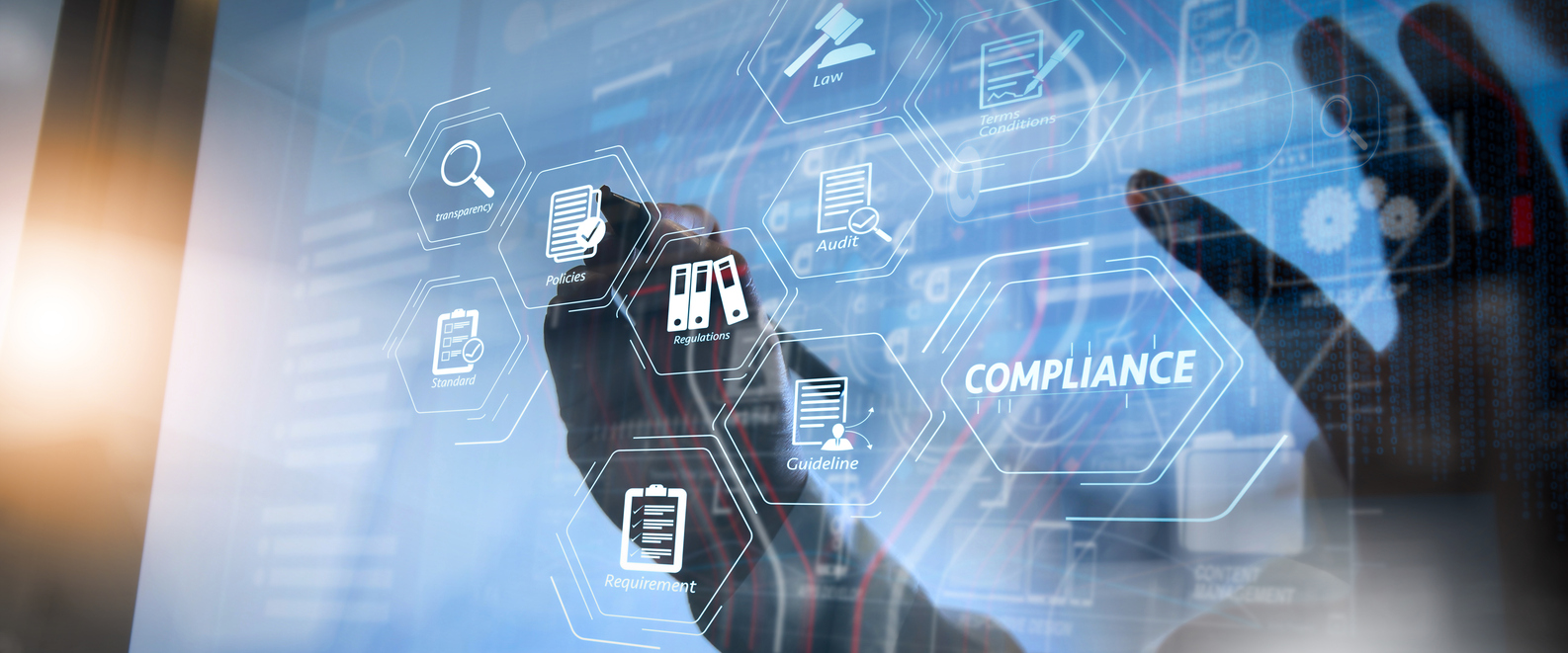
7-Hydroxy-mitragynine (“7-OH”)—a naturally occurring alkaloid found in Mitragyna speciosa (kratom)—has become one of the fastest-growing and most controversial ingredients in the supplement and wellness markets. But is it legal?
As with most plant-derived compounds that affect the central nervous system, the answer is complex and depends heavily on evolving federal and state enforcement trends.
FDA Warning Letters and Federal Oversight
The U.S. Food and Drug Administration (FDA) has repeatedly stated that kratom and its alkaloids, including 7-OH, are not approved for any medical use. In July 2025, the agency announced multiple warning letters to firms marketing concentrated 7-OH products as supplements or drugs.
FDA Recommendation to Schedule 7-OH
On July 29, 2025, the FDA announced it had recommended that the Drug Enforcement Administration (DEA) classify certain 7-OH products as Schedule I under the Controlled Substances Act, with additional detail via HHS. The FDA also published a consumer update and a public-health report, along with a Dear Colleague letter to clinicians highlighting risks of concentrated 7-OH products.
Scientific and Public Pushback
Not all stakeholders agree with scheduling. Researchers and public-health groups have urged regulators to preserve research access and consider a controlled retail framework. See the Reuters summary of objections and scientific pushback outlining concerns that a ban could chill research and push consumers toward unregulated alternatives.
State Laws and Enforcement Patterns
States are moving quickly on their own regulatory efforts. For example, Florida filed an emergency rule classifying concentrated 7-OH as Schedule I under state law; the Department of Agriculture later reported removing more than 17,000 packages from store shelves. Other jurisdictions have issued health alerts—see Texas DSHS—and are evaluating bans or tighter consumer-protection rules.
What Businesses Should Do Now
Retailers, distributors, and manufacturers of 7-OH products face mounting risk as both federal and state authorities ramp up enforcement. To stay compliant:
• Avoid unapproved medical claims on labeling, advertising, or social media.
• Verify supply-chain legality, including documentation of source material and manufacturing processes.
• Monitor FDA/DEA/state actions and participate in public-comment opportunities.
• Consult experienced regulatory counsel to evaluate exposure under FDA, DEA, and state consumer-protection laws.
In short, the legal environment for 7-OH is changing fast. Businesses that stay ahead of these developments—and proactively adjust their compliance strategies—will be best positioned to navigate enforcement and protect growth.
About Kennyhertz Perry’s Controlled Substances & Hemp Practice
Kennyhertz Perry advises clients on compliance, licensing, and enforcement matters involving hemp, kratom, cannabinoids, and other emerging natural compounds. Our attorneys have defended federal and state enforcement actions and routinely counsel manufacturers and retailers on risk management and regulatory compliance.
To learn more about Kennyhertz Perry, LLC, please visit kennyhertzperry.com.
*The choice of a lawyer is an important decision and should not be based solely upon advertisements.*

At Kennyhertz Perry, innovation isn’t just a buzzword — it’s a commitment. As a boutique law firm known for serving clients at the intersection of business, technology, and compliance, we understand that to stay ahead, we must evolve. That’s why we’re embracing artificial intelligence (AI) as a key part of our legal operations — not to replace attorneys, but to empower them.
AI as a Legal Associate
Traditionally, law firms had associates do “associate-level work” such as legal research, contract review, due diligence, document drafting, and client memos. These are time-intensive but important tasks that clients pay a lot of money for when they hire lawyers at old, traditional law firms or “big law.” More senior attorneys would then apply their knowledge and expertise to the associates’ work product to create the final client deliverable.
At Kennyhertz Perry, we use AI to do the majority of associate-level work. This results in greater efficiency and lower bills for our clients. In addition, AI can do these associate-level tasks instantly, allowing Kennyhertz Perry to deliver with greater speed. This accelerated pace empowers clients to make decisions and take action faster, which often has real economic benefit.
Here’s how:
- Legal Research at Speed and Scale
AI platforms can sift through vast legal databases in seconds, surfacing relevant case law, statutes, and secondary sources that would take human associates hours to uncover. This allows our attorneys to focus more on strategy, analysis, and client advisement, rather than rote research.
- Contract Analysis and Review
Using AI-driven tools, our team can rapidly review complex contracts for red flags, inconsistencies, or unusual clauses. These tools can also compare agreements to a database of similar contracts to ensure nothing is missing or out of the ordinary. Associates still play a crucial role in final interpretation, but AI accelerates the initial review process significantly.
- Drafting and Document Automation
From NDAs to privacy policies and employment agreements, AI can generate first drafts in seconds based on firm-approved templates and context provided by the attorney. This enables junior lawyers to spend more time refining and customizing content rather than starting from scratch.
- Due Diligence Made Smarter
When conducting due diligence for mergers, acquisitions, or financing rounds, AI helps organize, review, and summarize volumes of documents quickly. This improves turnaround times without compromising the depth or rigor of the review.
- Internal Knowledge Management
AI helps us manage internal knowledge, from creating quick-reference summaries of legal updates to organizing precedents and prior client work. It reduces duplication of effort and ensures attorneys have fast access to the firm’s intellectual capital.
Why It Matters
By using AI for associate-level tasks, we’re not just increasing efficiency — we’re also improving the client experience. Faster turnaround times, more accurate work, and lower costs translate into tangible benefits for our clients. And for our attorneys, it means more time spent on the high-value, high-impact work that drives professional growth and client trust.
The Human Element Remains Central
Despite all the advantages AI brings, we know that legal practice is ultimately a human endeavor. Critical thinking, ethics, judgment, and empathy can’t be outsourced. AI assists — it does not replace. Every AI-generated output is reviewed, contextualized, and validated by a licensed attorney.
At Kennyhertz Perry, we view AI not as a threat, but as a tool — one that’s helping us reimagine what it means to deliver smart, responsive, and modern legal counsel.
About Kennyhertz Perry, LLC
Kennyhertz Perry, LLC is a business and litigation law firm representing clients in highly regulated industries. Our dedicated Artificial Intelligence practice group is focused on helping clients navigate the legal, regulatory, and ethical complexities of deploying artificial intelligence in highly regulated sectors such as finance, banking, and real estate. To learn more about the firm, visit kennyhertzperry.com.
*The choice of a lawyer is an important decision and should not be based solely upon advertisements.




